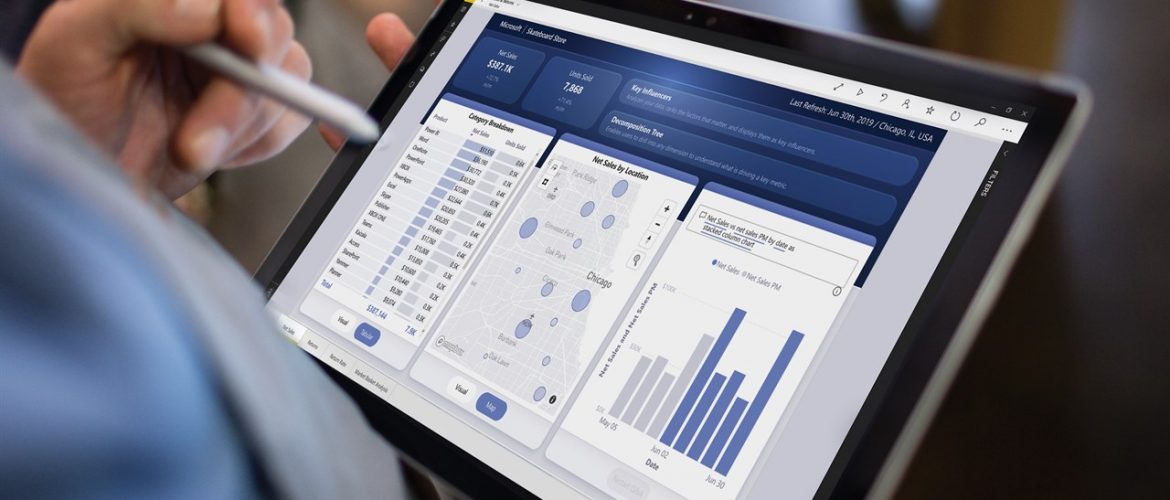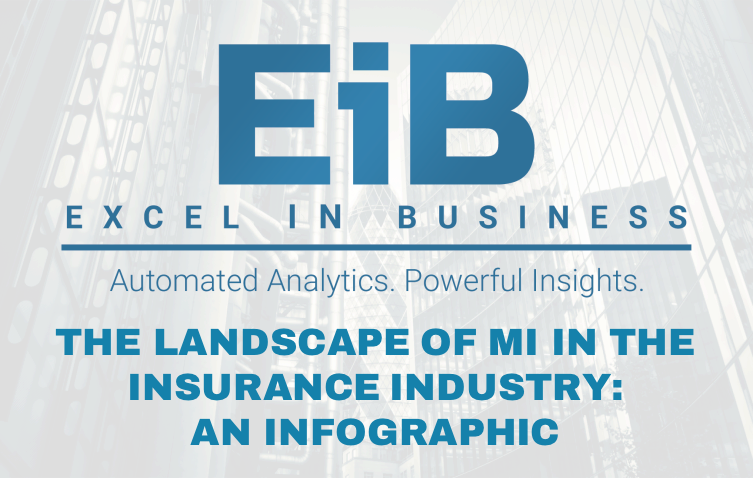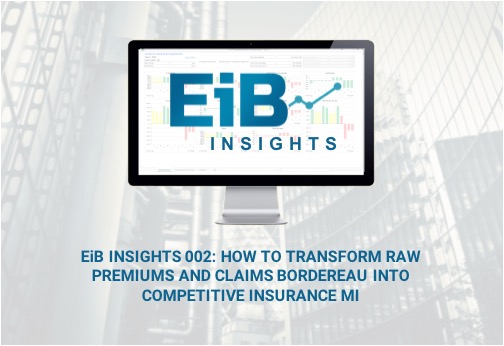What Is Insurance Analytics? Insurance Analytics is a type of Insurance Claims Analytics, which is a type of Business Intelligence Analysis. This type of analysis is very useful for the company because it will allow the insurance company to keep up with any changes that have been made to its policies or their policies. There are different types of insurance analytics which include Customer Analytics, Risk Management and Risk Analysis, Risk Management Strategy and Risk Management Processes. The main purpose of
Many companies do not have an in depth understanding of their insurance system and many do not take time to understand insurance analytics. If a company does not understand what is happening, it can not make any effective changes or improvements in the insurance system. A large percentage of businesses are unaware that they are paying too much for insurance or that they are not getting enough coverage. Many companies think that it is all about the numbers. However, there
An Insurance Analytics program is an online course designed to educate insurance companies about the trends in their market. It gives you the ability to analyze and improve your business from top to bottom. As an insurance agent, you will have to know everything there is about the customers you have, how they interact with you, what makes them want to buy insurance, how can you increase the chances of them being new clients. Insurance Analytics helps you track, manage and
EiB Insurance Analytics aims to help insurance companies improve their MI. It helps to track the actions of a claim from the time it was filed, to the date of payment, the process for dispute resolution, and how much the insurance company has to spend on claims. Claims that are denied by the insurer can be easily tracked down by the analyst by looking at the records of the client’s previous claims. It is also useful when the client does not
Insurance Analytics is not a new concept; it has been around for many years. The best insurance companies are using analytics in their policies and are finding it saves them time and money. It’s also making it easier for them to make more informed decisions about their policies. Insurers collect data on what their policyholders have to say about the services, products and prices that they receive from their insurance provider. After analyzing these facts, the insurance company can then make
BIBA always presents the perfect opportunity to engage with the full spectrum of stakeholders from across the insurance industry, and find out exactly what is happening in the MI space. This year we conducted a survey of over 100 incumbents from brokers, underwriters, MGAs, InsurTech, insurers and reinsurers, and delved a little deeper into the MI behaviour of the sector to find out how the industry is adapting to such a significant digital transformation, as we enter
This year’s ‘Innovate, Evolve, Thrive’ theme at BIBA 2018, was definitely one of the most inspiring yet. With a heavy focus on advances in technology and data, and the implications for the insurance industry, here are some of my key highlights from our two days in Manchester… One of the most pertinent speeches of the 2018 BIBA conference was delivered by Chief Executive of the FCA, Andrew Bailey, who emphasised that Big Data was one of the FCA’s priority themes. Acknowledging the importance
With the ongoing development of our EiB Insurance Analytics solution, which provides automated premiums and claims management information (MI) for MGAs, Insurers and Brokers, we have recognised a trend in the challenges faced across the sector with regards to the issue of data quality. With this in mind, a few months ago we commissioned a report exploring the impact of data quality in the insurance industry, the role of automation in addressing this issue, and the future
2018 is already well underway, and for the Insurance industry this could prove to be one of their most exciting years yet. How so? Because of the InsurTech revolution… Until recently, insurance has been a virtual island in a sea of technological change. While innovators began disrupting banking and wealth management during the FinTech boom, which preceded the financial crash in 2008 — not to mention also completely transforming the music, travel, taxis and booking industries — insurance was happy to
In a data and analytics survey conducted by the Economist Intelligence Unit, only 13% of insurers surveyed identified enterprise-wide data management and warehousing as a significant strength in their organisation, while 82% ranked data and analytics as a top strategic priority. So, while increasingly more insurance companies continue to invest in modernising their technology architecture, as a means of embracing the cultural shift to a digital age, most still find their efforts have
- 1
- 2












Recent Comments